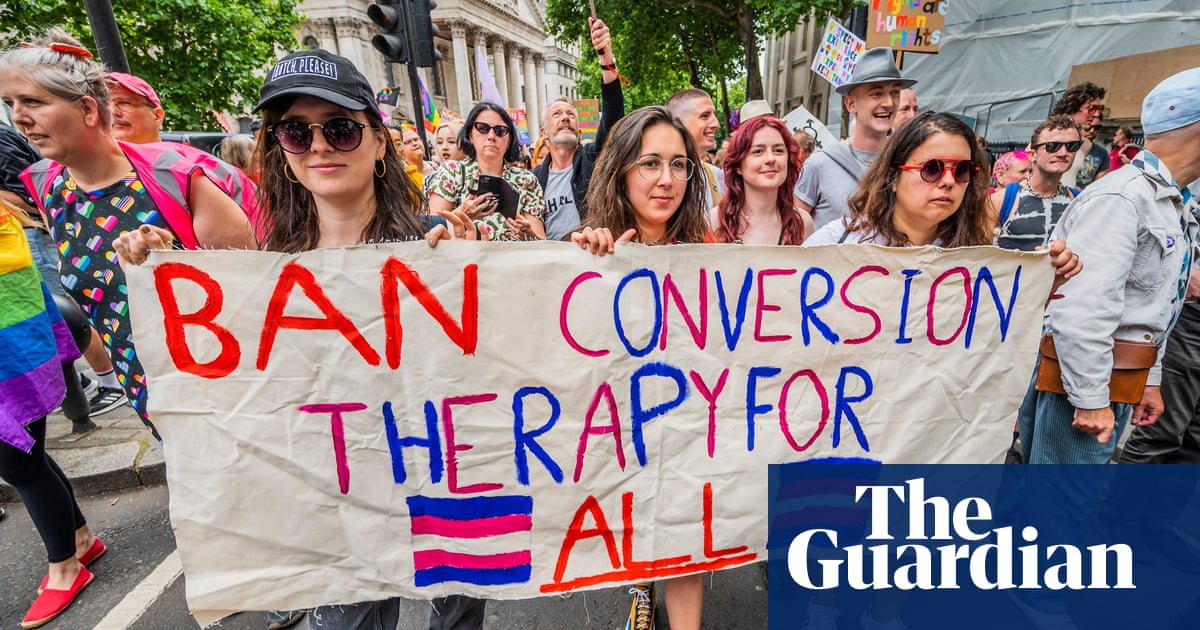People from minority ethnic backgrounds in the most deprived areas of England are up to three times more likely to need emergency treatment for asthma than their white counterparts, analysis has found.
Analysis of NHS statistics conducted by the charity Asthma and Lung UK found that Asian people with asthma from the most deprived quintile in England are almost three times more likely to have an emergency admission to hospital than their white counterparts. Black people with asthma in the most deprived quintile are more than twice as likely than their white counterparts to be admitted to hospital.
People with chronic obstructive pulmonary disease (COPD) aged between 45 and 54 in the most deprived quintile are nine times more likely to be admitted as an emergency than those in the least deprived quintile, according to the analysis.
Across the UK, one in five people will develop a lung condition during their lifetime, while asthma affects one in nine adults and one in eight children.
Asthma and Lung UK conducted a survey of more than 9,000 people living with a lung condition across England this year, which found that more than a third (34.2%) of respondents who had experienced material deprivation had used emergency care in the past year. Almost a fifth (17%) of respondents said they struggled to keep their home warm, rising to almost a third (28.2%) of renters.
Sarah Sleet, the charity’s chief executive, said the figures highlighted “shocking health inequalities in our society”.
Sleet said: “The UK has the worst death rate in Europe for lung conditions and they are more closely linked to inequality than any other major health condition. The fact that people from the most deprived communities and from ethnic minority backgrounds are much more likely to reach crisis point is yet another wake-up call.
“Social disadvantages – including poor housing, mould, damp and air pollution – can both cause chronic lung conditions and make them worse. And it’s the poorest in society and those in ethnic minority communities who are more likely to be living in low-quality housing and in areas with high levels of air pollution.”
She said the government’s 10-year plan for the NHS was an “unmissable opportunity” to ensure respiratory health was prioritised.
“People with lung conditions need quick, accurate diagnoses and access to treatment and services enabling them to manage their condition well, improve their quality of life and remain part of the workforce for longer,” she said. “This means action to cut smoking rates and support smokers to quit, tackle air pollution and address wider issues such as poor housing.”
Dr Hugo Farne, a respiratory consultant at Imperial College with a specialist interest in asthma, said the statistics revealed a “deeply troubling reality”.
after newsletter promotion
“These figures are not just statistics – they reflect lives being cut short or limited by health inequalities that should not exist in modern Britain,” Farne said. “There will be many reasons for this, including higher rates of smoking, increased exposure to air pollution, poor indoor air quality due to damp, health literacy, and variable access to GPs, stop-smoking services and vaccination, particularly where there are language and cultural barriers. These are largely preventable.
“These figures are a clear sign that healthcare support is not reaching those who need it most. This requires urgent action, not only on healthcare access and provision for disadvantaged communities but also targeted public health interventions addressing housing, heating and the social determinants of health.”
NHS England has been approached for comment.

 5 hours ago
7
5 hours ago
7













































